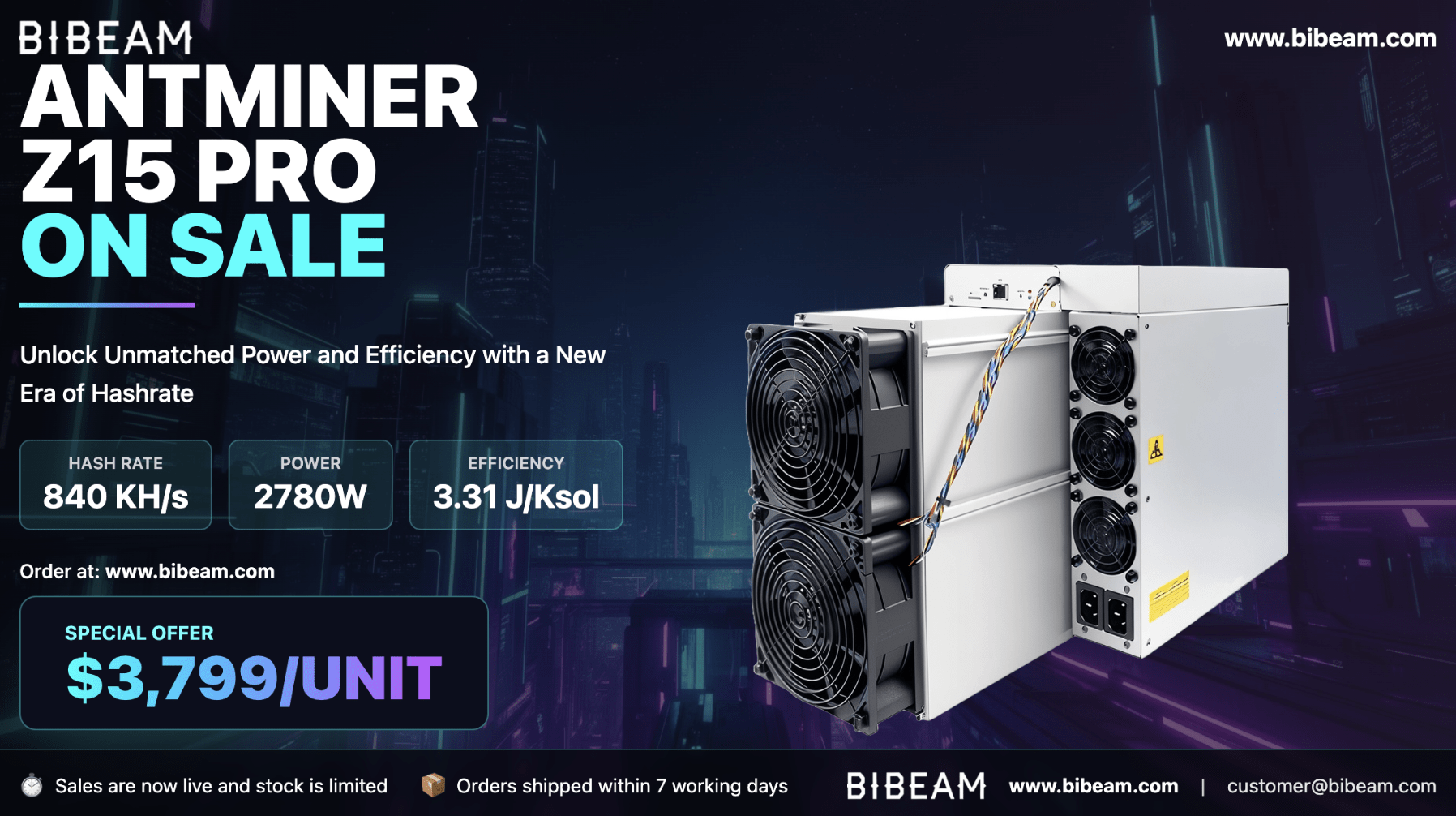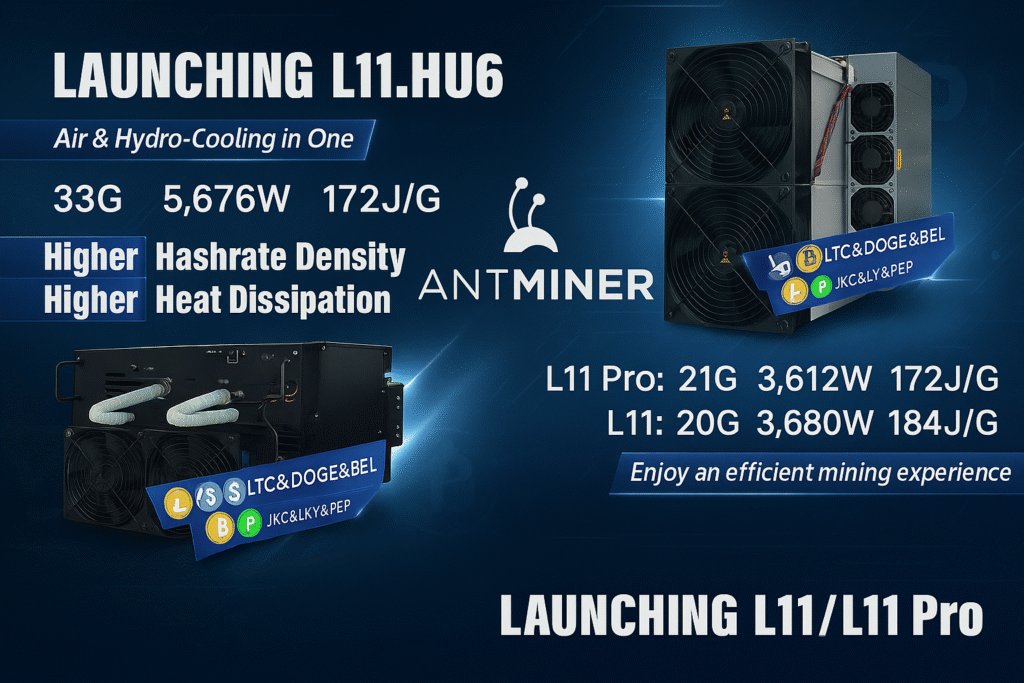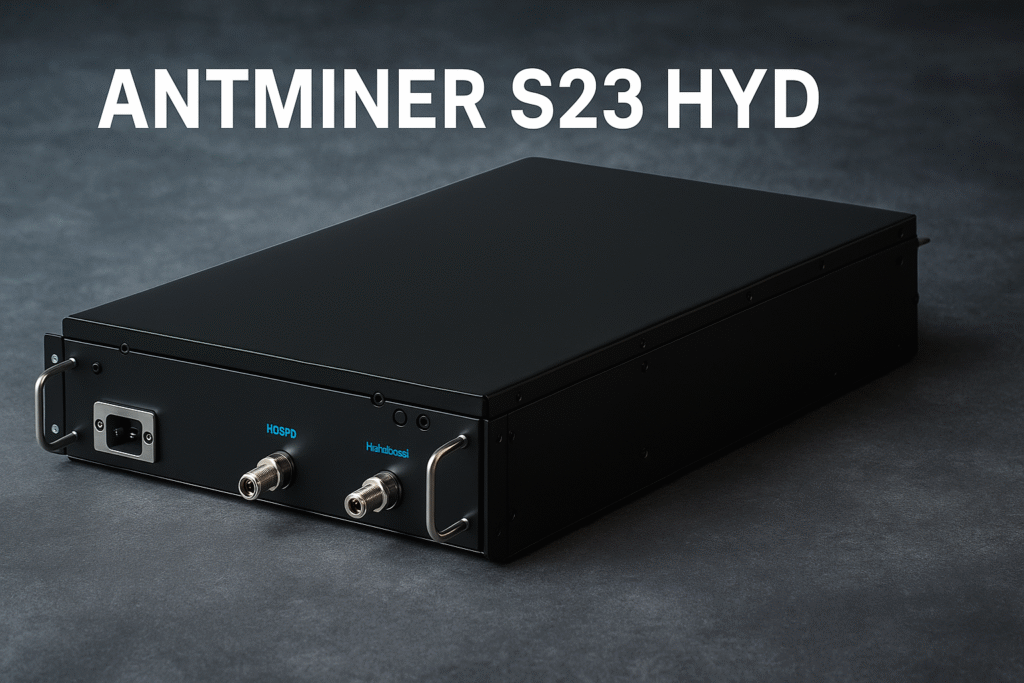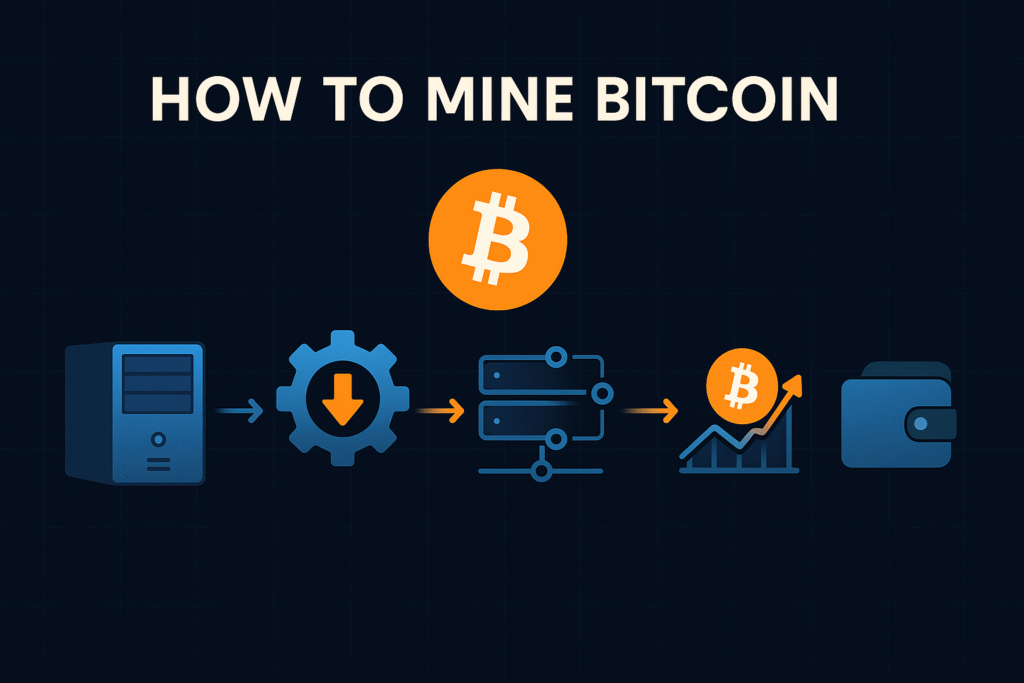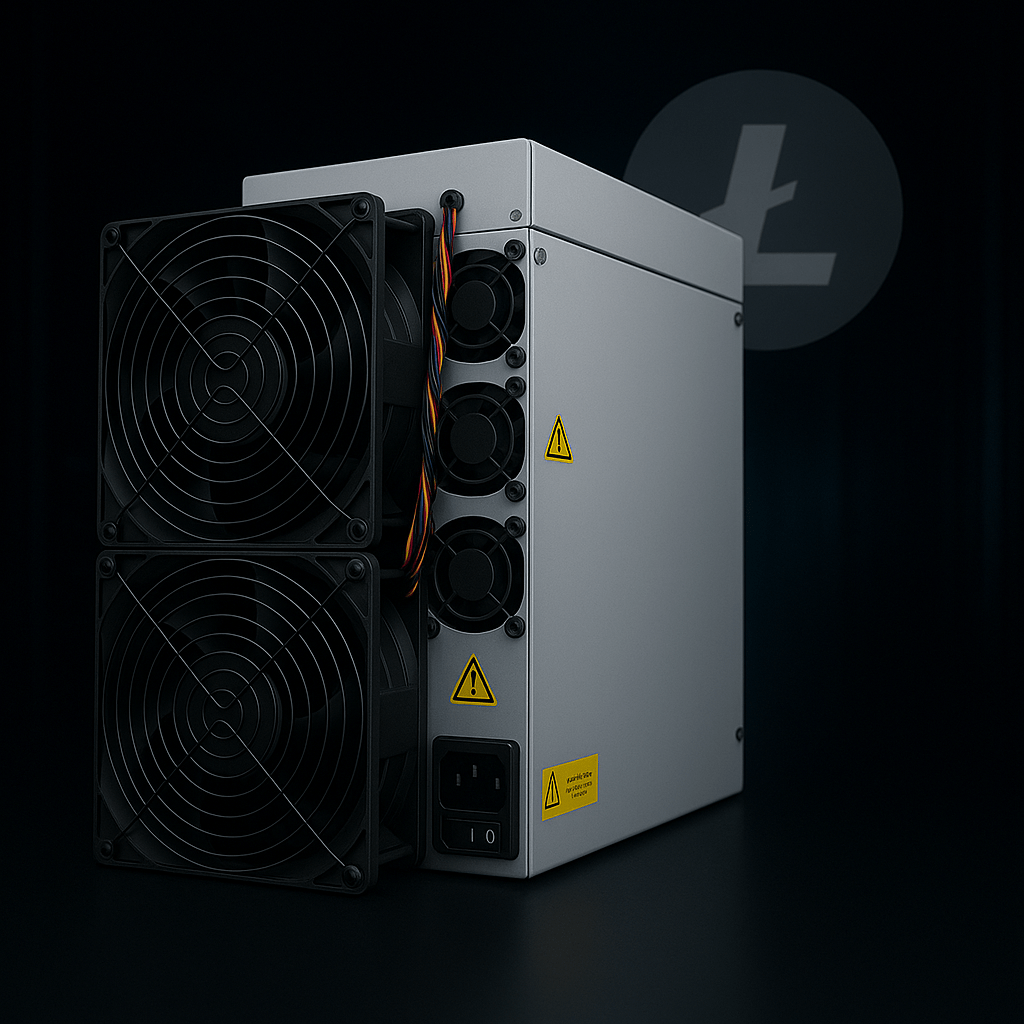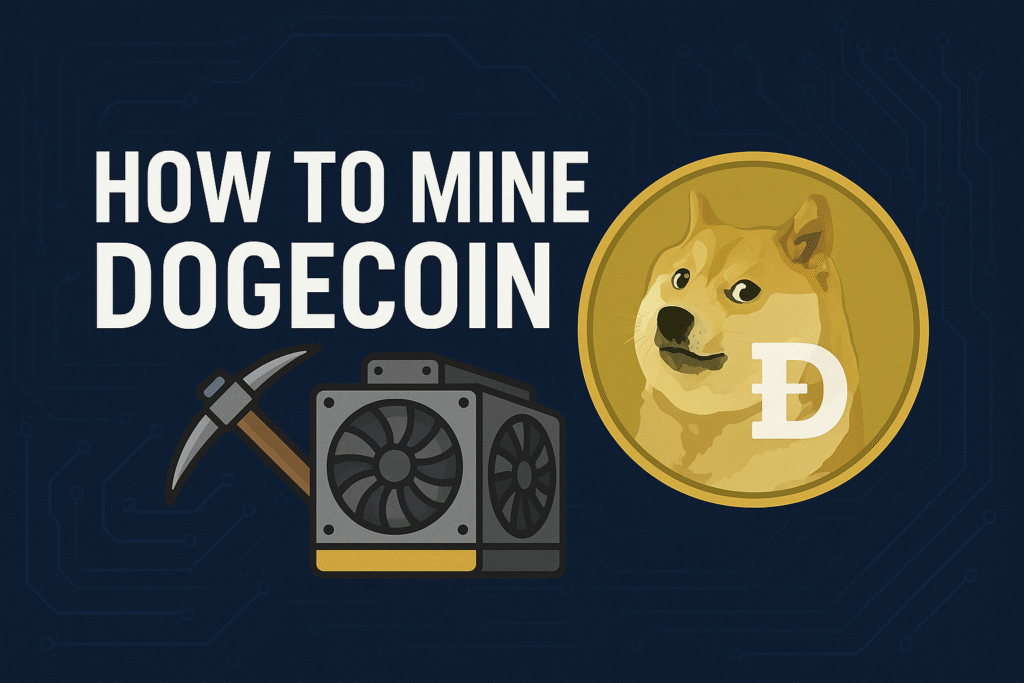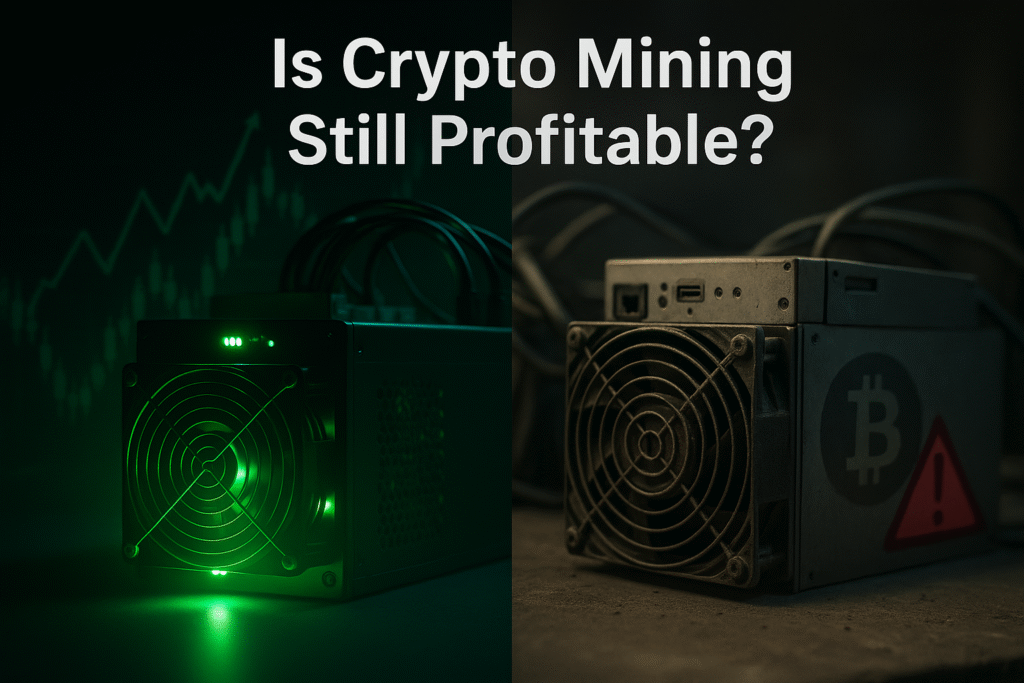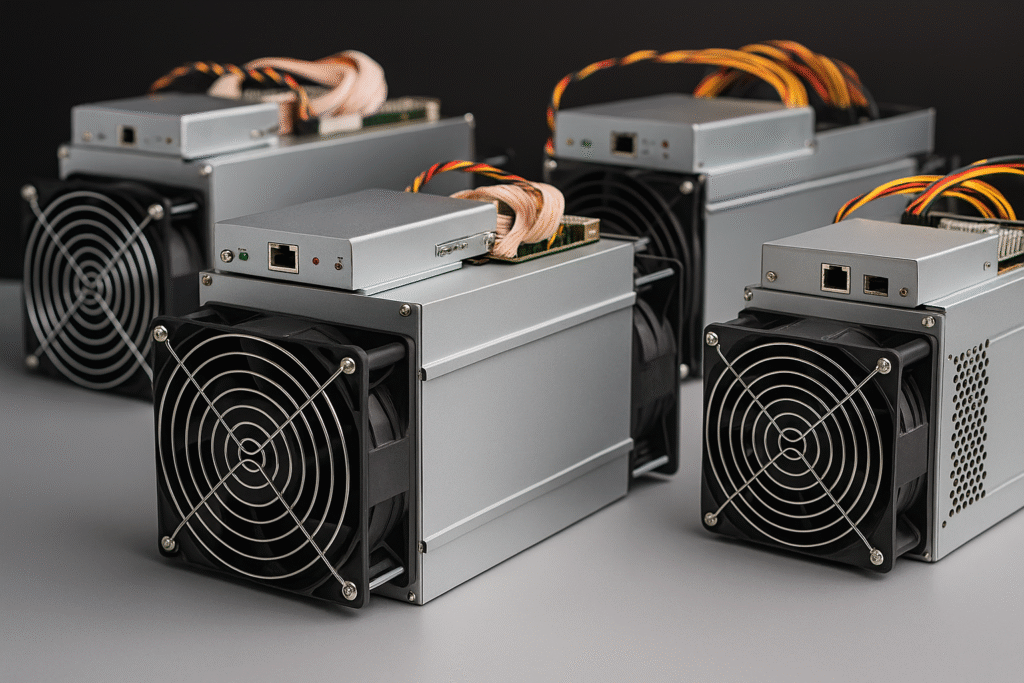8 Best Bitcoin Mining Machines 2026 (Expert Reviewed)
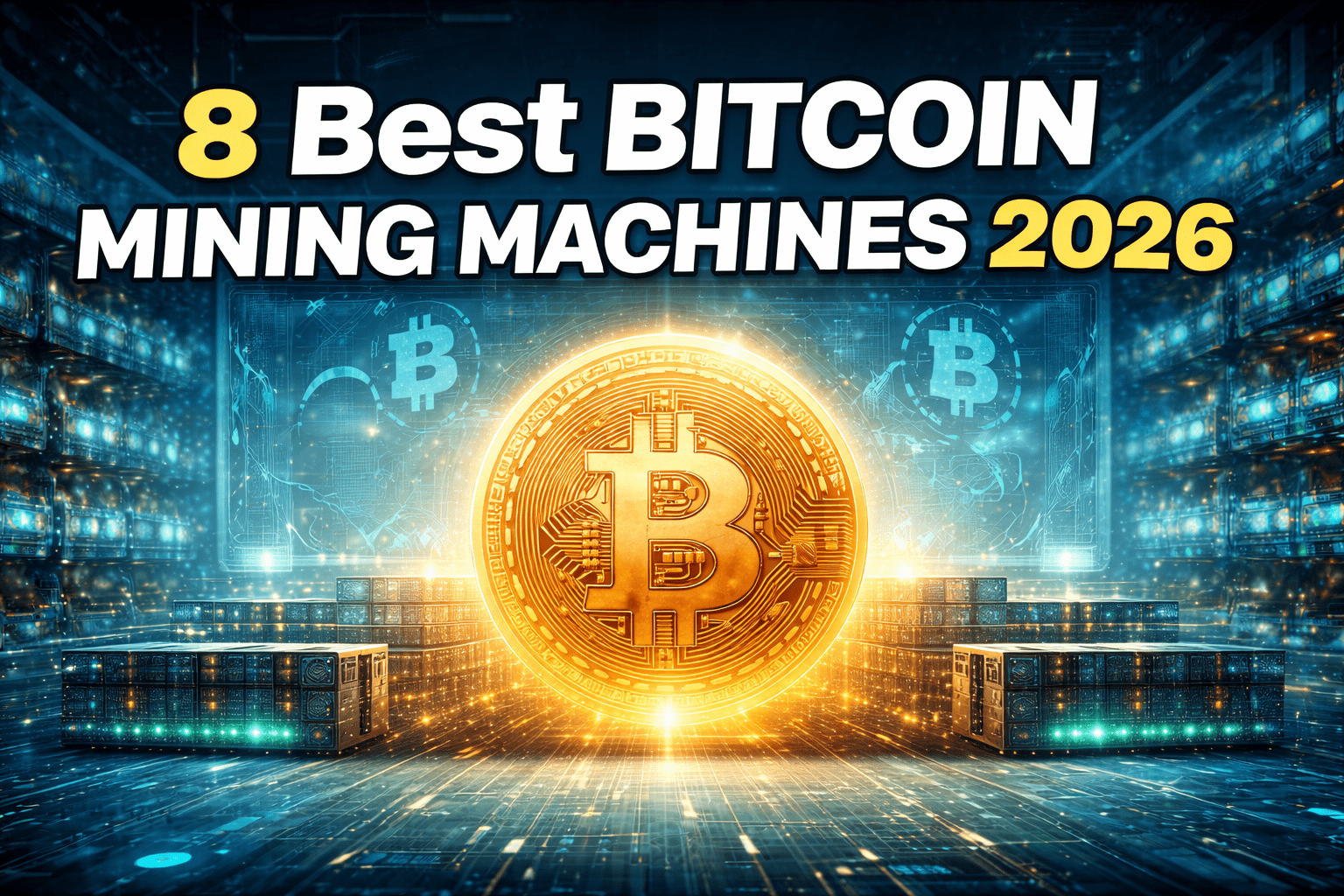
Bitcoin mining in 2026 requires high-efficiency hardware, optimal hash power, and sustainable energy consumption. Selecting the best Bitcoin mining machines is the most important step to ensure profitability, whether you are mining at home or running a large-scale operation. In this guide, we review the top 8 Bitcoin mining machines, their specifications, and where to buy them directly from trusted suppliers.
We cover hashrate, power consumption, efficiency, cooling methods, and long-term performance to help miners make informed decisions in 2026.
How We Evaluated the Best Bitcoin Mining Machines
Selecting a Bitcoin mining machine involves precise metrics:
| Metric | Why It Matters |
|---|---|
| Hashrate (TH/s) | Determines your share of block rewards |
| Energy Efficiency (J/TH) | Directly affects electricity costs |
| Power Consumption (W) | Determines hosting and electrical feasibility |
| Cooling Type | Impacts performance, noise, and durability |
| ASIC Generation | Affects long-term reliability and resale value |
Only machines that perform strongly across these metrics are considered for this list.
1. Antminer S23 Hydro – Maximum Performance
Specifications:
- Algorithm: SHA-256
- Hashrate: 580 TH/s
- Power Consumption: 8,000 W
- Efficiency: 13.8 J/TH
- Cooling: Hydro
The Antminer S23 Hydro is the top choice for large mining farms, offering extreme hashrate with stable hydro cooling for long-term operations.
Where to Buy Antminer S23 Hydro
Buy Antminer S23 Hydro Directly from Our Company
2. Antminer S21 XP Hydro (473 TH/s) – Best Efficiency
Specifications:
- Algorithm: SHA-256
- Hashrate: 473 TH/s
- Power Consumption: 5,676 W
- Efficiency: 12 J/TH
- Cooling: Hydro
Known for its best-in-class efficiency, this machine is ideal for professional miners looking to optimize electricity costs without compromising hashrate.
Where to Buy Antminer S21 XP Hydro
Buy Antminer S21 XP Hydro from Our Official Store
3. Antminer S21 XP (270 TH/s) – Best Air-Cooled Miner
Specifications:
- Algorithm: SHA-256
- Hashrate: 270 TH/s
- Power Consumption: 3,645 W
- Efficiency: 13.5 J/TH
- Cooling: Air
This air-cooled miner is perfect for home miners or modular setups, balancing performance and simplicity without the need for liquid cooling.
Where to Buy Antminer S21 XP
Buy Antminer S21 XP Direct from Our Company
4. Antminer S21 Pro (234 TH/s) – Reliable and Cost-Effective
Specifications:
- Algorithm: SHA-256
- Hashrate: 234 TH/s
- Power Consumption: 3,510 W
- Efficiency: 15 J/TH
- Cooling: Air
The S21 Pro provides stable performance at a lower cost, making it ideal for miners starting with small-to-medium operations.
Where to Buy Antminer S21 Pro
Buy Antminer S21 Pro from Our Authorized Store
5. Antminer S19 XP Hydro – Proven Long-Term Performer
Specifications:
- Algorithm: SHA-256
- Hashrate: 255 TH/s
- Power Consumption: 5,304 W
- Efficiency: 20.8 J/TH
- Cooling: Hydro
Although slightly older, the S19 XP Hydro remains reliable and efficient, making it perfect for hosted mining and industrial setups.
Where to Buy Antminer S19 XP Hydro
Buy Antminer S19 XP Hydro Directly from Our Company
6. Antminer S21e XP Hyd 3U – Ultra High Performance
Specifications:
- Algorithm: SHA-256
- Hashrate: 860 TH/s
- Power Consumption: 11,180 W
- Efficiency: 13 J/TH
- Cooling: Hydro
- Noise Level: ~50 dB
The Antminer S21e XP Hyd 3U is a top-tier Bitcoin mining machine released in early 2025. It delivers extreme hash power while maintaining efficient energy consumption and relatively low noise thanks to its hydro cooling system. This miner is ideal for large-scale operations looking to maximize Bitcoin production.
Where to Buy Antminer S21e XP Hyd 3U
Buy Antminer S21e XP Hyd 3U Directly from Our Company
7. Antminer S21 XP+ Hyd (500 TH/s) – Efficient and Powerful
Specifications:
- Algorithm: SHA-256
- Hashrate: 500 TH/s
- Power Consumption: 5,500 W
- Efficiency: 11 J/TH
- Cooling: Hydro
The Antminer S21 XP+ Hyd is a high-efficiency Bitcoin miner scheduled for release in mid-2025. Its combination of strong hashrate and very low energy consumption makes it an excellent choice for professional miners seeking consistent profitability.
Where to Buy Antminer S21 XP+ Hyd
Buy Antminer S21 XP+ Hyd from Our Official Store
8. Antminer S21e XP Hydro (430 TH/s) – Energy Optimized Miner
Specifications:
- Algorithm: SHA-256
- Hashrate: 430 TH/s
- Power Consumption: 5,150 W
- Efficiency: 12 J/TH
- Cooling: Hydro
This energy-optimized miner is excellent for medium-to-large farms, offering strong performance while keeping operational costs lower.
Where to Buy Antminer S21e XP Hydro
👉 Buy Antminer S21e XP Hydro from Our Company
Air-Cooled vs Hydro vs Immersion Mining Hardware
flowchart LR
A[Bitcoin ASIC Miner] --> B[Air-Cooled]
A --> C[Hydro-Cooled]
A --> D[Immersion-Cooled]
B --> B1[Lower Initial Cost]
B --> B2[Higher Noise Levels]
C --> C1[Higher Efficiency]
C --> C2[Stable Performance]
D --> D1[Maximum Hash Density]
D --> D2[Highest Infrastructure Cost]
Cooling Overview:
- Air-Cooled: Simple and lower cost but louder
- Hydro-Cooled: More efficient and stable, ideal for medium/large operations
- Immersion-Cooled: Maximum hash density and long-term efficiency, higher setup cost
Factors Affecting Bitcoin Mining Profitability
Even the best Bitcoin mining machines depend on:
- Electricity cost per kWh
- Bitcoin network difficulty
- Bitcoin price fluctuations
- Hosting and cooling expenses
- Hardware uptime and firmware stability
Machines under 14 J/TH efficiency consistently maintain profitability in all market conditions.
Best Bitcoin Mining Machines for Home Use
Recommended for home miners:
- Antminer S21 XP
- Antminer S21 Pro
Key considerations: electrical capacity, noise, and ventilation.
Best Bitcoin Mining Machines for Mining Farms
Recommended for professional farms:
- Antminer S23 Hydro
- Antminer S21 XP Hydro
- Immersion-cooled S21 XP units
Focus on density, efficiency, and long-term reliability.
Conclusion: Our Expert Picks for 2026
- Best Overall: Antminer S23 Hydro
- Most Efficient: Antminer S21 XP Hydro
- Best Air-Cooled Miner: Antminer S21 XP
- Best Value for Money: Antminer S21 Pro
- Proven Performer: Antminer S19 XP Hydro
Selecting the right Bitcoin mining machine ensures profitability in 2026 and beyond. High-efficiency ASIC miners are essential for both home and industrial operations.

